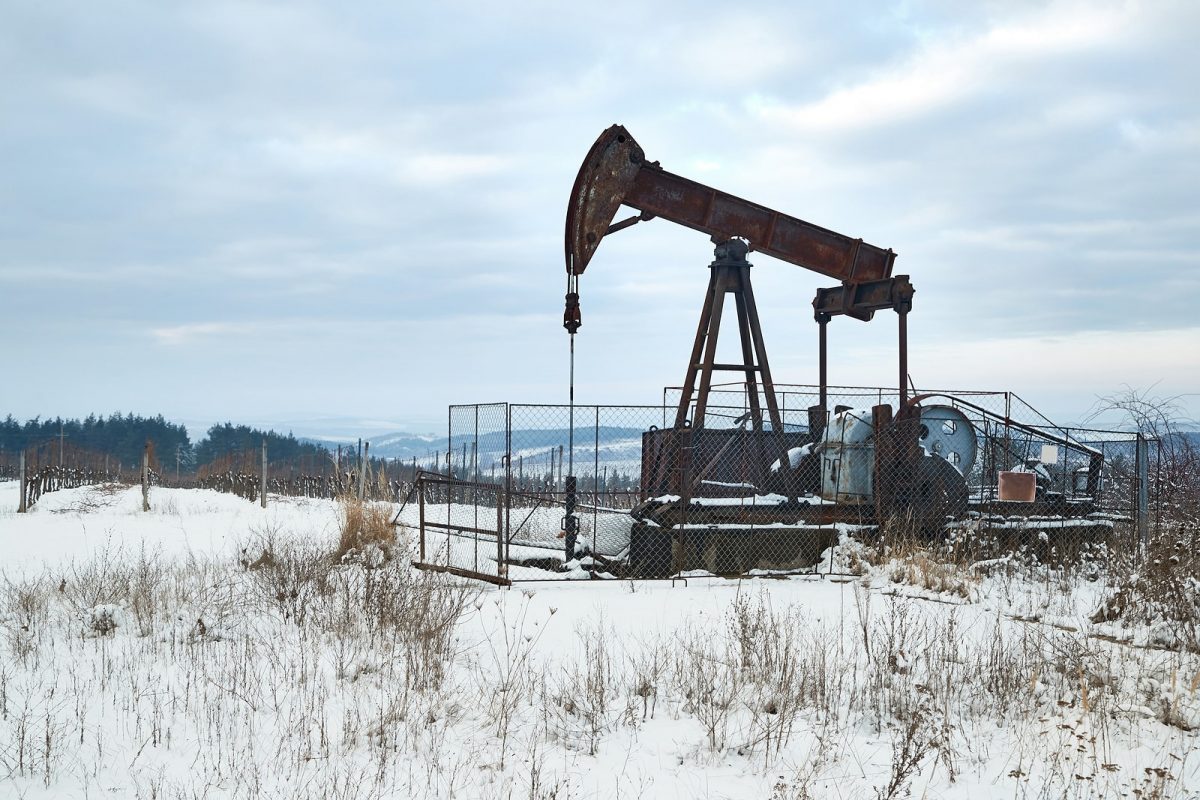The Effects of Winter Weather on the Oil & Gas Industry

The winter weather creates a number of hindrances on refinery operations, pipelines, and railways, causing the nation’s energy infrastructure to deliver much-needed fuel to demanding markets, working around winter’s obstacles. In addition to protecting your operation with New Mexico Oil and Gas Insurance, take heed of the weather’s impacts on the industry and its operations.
Refineries and Transportation
Many refineries have had to halt operations due to power outages and the physical effect of the cold on operating units. Utilization rates normally run around 90%, but drop to a low of 70%, due to the cold weather and maintenance. Extreme cold conditions may require extra equipment at drill sites and impact drilling pace. Heating units are needed to warm the large amounts of water used for hydraulic fracturing to avoid freezing, while large amounts of snow significantly slow movement of drilling.
Transportation has obstacles to overcome due to extreme weather conditions as well. Railways have challenges with snow and extreme cold, vessel unloading can be delayed due to snow, ice, and cold and tanker trucks with deliveries of petroleum products and propane can be stalled. Ethanol pipelines may freeze due to subzero temperatures and storms and fog may close ship channels temporarily.
Usage and Production
Oil and gas prices are significantly affected by weather conditions. The price of gas and oil are a reflection of the supply and demand pressures for a given time frame.
Weather is considered to be a demand-side factor affecting prices, because it alters the way people use gas and oil. When a winter is abnormally cold, the demand for oil increases because homes need to use more natural gas to maintain their internal temperatures. If a winter is abnormally warm, the demand for heating will decrease and less gas will be needed to heat homes. However, people drive less during colder winters, so they use less gasoline. Therefore, heating oil spikes in the cold months, while gasoline lowers.
Cold weather can also affect oil production negatively if temperatures drop low enough. Crude oil has a freezing point of between -40 and -60 degrees Fahrenheit. If temperatures drop to these depths, the supply side of oil and gas prices will be affected.
It is predicted that natural gas prices will be raise due to increasing demands, particularly in the winter and summer months. The demand increase is due to the reliance of natural gas as a fuel for power plants. Weather forecasts are calling for very cold weather this winter.
About Daniels Insurance, Inc.
At Daniels Insurance, Inc., we have a unique understanding of the risks that businesses like yours face on a regular basis. With the backing of our comprehensive coverages and our dedication to customer service and quick claims resolution, your business will be fully protected. For more information, contact us today at (855) 565-7616.
